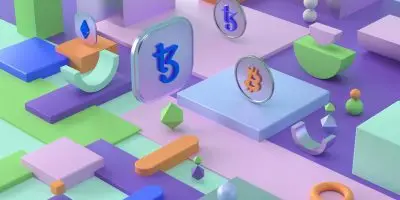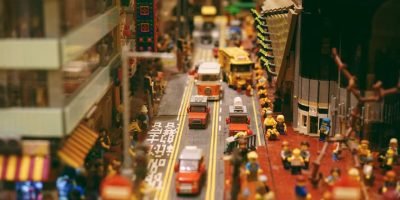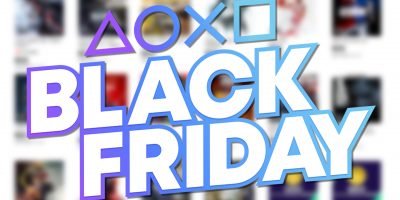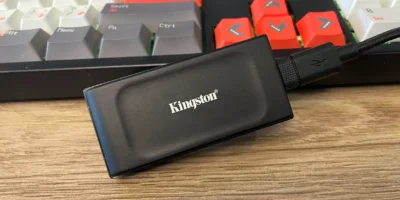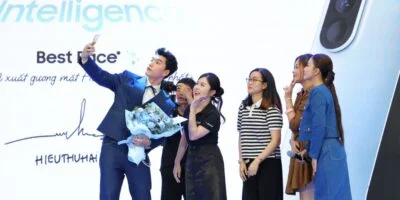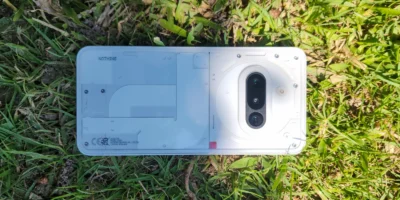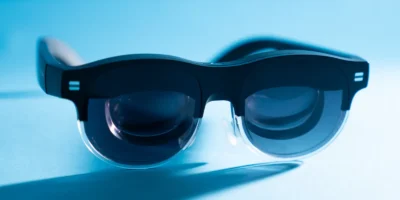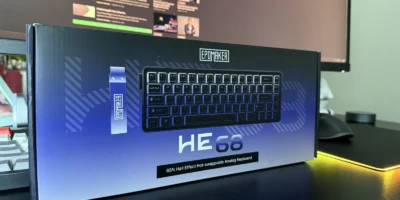The emergence of blockchain technology has given rise to the concept of Web3, which is the next evolution of the internet. Web3 is often referred to as the decentralized web because it is built on blockchain technology, which enables users to have full control over their data and interactions online. Read our guide to find out more.
Web3 gaming is a new type of gaming that takes advantage of the decentralized nature of Web3 to offer players unique experiences that are not possible with traditional gaming. It is not just about playing games, it’s about creating and owning digital assets, participating in decentralized autonomous organizations (DAOs), and earning rewards through gaming.

At its core, it is about creating a new type of gaming economy that is powered by blockchain technology. Players can own and trade digital assets such as weapons, armor, and other items that are used in games. These digital assets are stored on the blockchain and cannot be replicated or copied, which means they have real value.
One of the main benefits of Web3 gaming is that it allows players to truly own their digital assets. In traditional gaming, players may spend a lot of money on in-game items, but they do not truly own those items. The game developer can change the rules or shut down the game, and the player would lose all of their in-game items. With this blockchain-based technology, players have true ownership over their digital assets, and they can use them in other games or even sell them on open marketplaces.
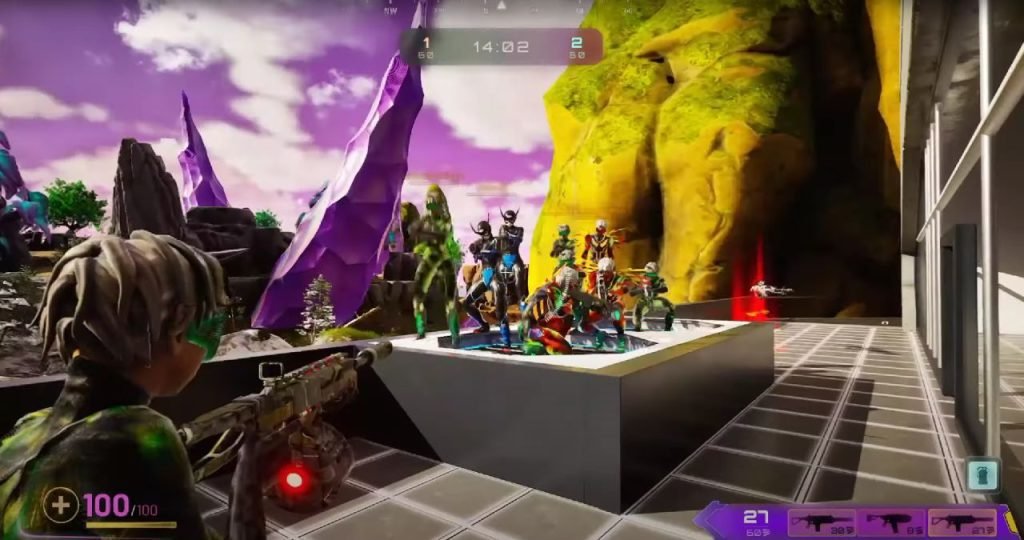
Another benefit is that it enables players to participate in DAOs. DAOs are decentralized organizations that are governed by code and run on the blockchain. They enable groups of people to work together and make decisions in a decentralized and transparent manner. DAOs can be used to create new games or manage existing ones. Players can participate in these DAOs and earn rewards for their contributions.
It is also designed to be more transparent and fair than traditional gaming. With Web3 gaming, game developers cannot change the rules or manipulate the game to favor certain players. The game mechanics are transparent and open to everyone, which ensures that the game is fair and equitable.
One example of Web3 gaming is Kiraverse, an online multiplayer game created in Unreal Engine 5 for gamers across the globe to play, compete, and earn achievements to unlock or rent characters, skins and weapons in the form of digital assets, also known as Non-fungible tokens or NFTs.
Another example is The Sandbox, which is a virtual world where players can build, own, and monetize their gaming experiences. The Sandbox is built on blockchain technology, which ensures that players truly own their digital assets. Players can create games and experiences within The Sandbox, and they can earn rewards in the form of cryptocurrency by participating in the economy.
While is still in its early stages, Web3 gaming has the potential to revolutionize the gaming industry. It offers players true ownership over their digital assets, enables them to participate in DAOs, and creates a more transparent and fair gaming experience. As more developers and players embrace Web3 gaming, we can expect to see new and innovative games that take advantage of the unique features of blockchain technology.
Conclusion
In conclusion, Web3 gaming represents a significant evolution in the gaming industry. By leveraging blockchain technology, Web3 gaming offers players true ownership over their digital assets, enables them to participate in DAOs, and creates a more transparent and fair gaming experience. With Web3 gaming, players can trade digital assets on open marketplaces, participate in decentralized communities, and potentially earn cryptocurrency.
Additionally, it has the potential to revolutionize the gaming industry by fostering new and innovative games that are built using blockchain technology, as well as enabling developers and players to create and participate in decentralized autonomous organizations.
However, there are still challenges such as scalability, user adoption, and regulatory uncertainty. Despite these challenges, the future of Web3 gaming looks promising, and it is an exciting time for gamers and developers alike to explore the limitless possibilities that this new era of gaming has to offer.
Frequently Asked Questions
What are the benefits of Web3 gaming?
The benefits of Web3 gaming include true ownership over digital assets, the ability to participate in DAOs, transparency and fairness, and the potential for new and innovative games.
What are DAOs?
DAOs are decentralized autonomous organizations that are governed by code and run on the blockchain. They enable groups of people to work together and make decisions in a decentralized and transparent manner.
How does it differ from traditional gaming?
Web3 gaming differs from traditional gaming in that it offers players true ownership over digital assets, enables them to participate in DAOs, and creates a more transparent and fair gaming experience.
Can players trade their digital assets?
Yes, players can trade their digital assets on open marketplaces in Web3 gaming.
What is the potential impact of Web3 gaming on the gaming industry?
Web3 gaming has the potential to revolutionize the gaming industry by offering players true ownership over their digital assets, creating new and innovative games, and fostering transparency and fairness.
What are some challenges facing Web3 gaming?
Some challenges facing Web3 gaming include scalability, user adoption, and regulatory uncertainty.
How can developers and players get involved?
Developers and players can get involved by building and playing games that use blockchain technology, participating in DAOs, and exploring the various open marketplaces for digital assets.



